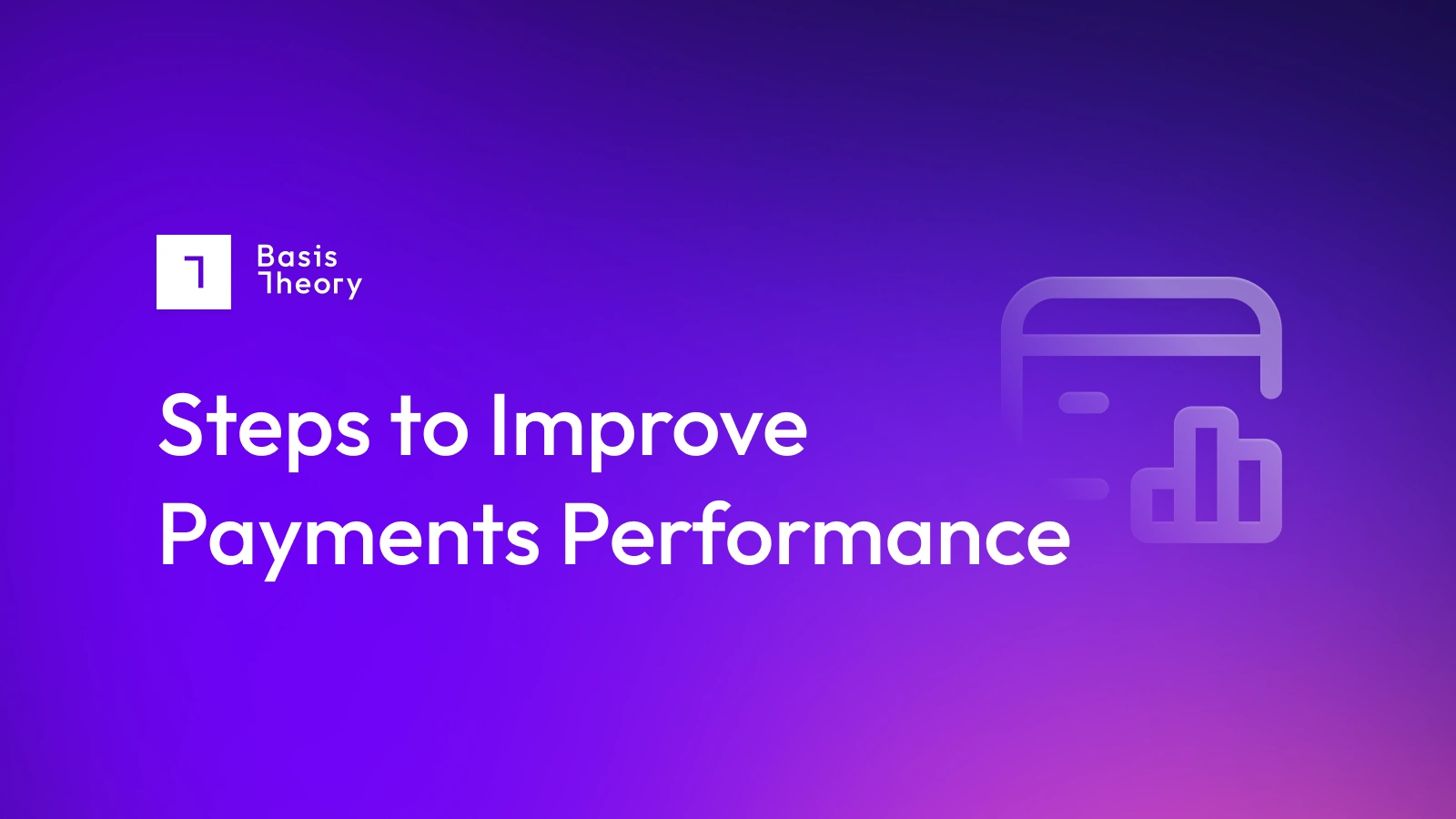Unbundling Payments: Moving Beyond a Full-Service PSP

For years, merchants have been selling convenience through “one-stop-shop” payment providers like Stripe, Adyen, or Braintree. The pitch was that everything came in a single contract, one integration, and one dashboard—in short, all bundled together.
The reality in 2025 is that merchants have been trading control for convenience. This trade becomes more costly by the invoice. Full-service PSPs provide products that aren’t being used, and merchants are still paying for them.
In 2022, a Cornell Law School professor described banking, money, and payments bundling as a “historical accident” born from entrenched power structures and path dependence. Today’s full-service PSPs echo that dynamic, tying every part of your payment stack to their systems, pricing, and priorities.
The unbundling movement is about breaking that cycle and giving merchants back control. As this “new wave” of payments continues to gain traction, this likely means some big changes and opportunities for merchants who unbundle their payments stack.
What does unbundling a payments stack mean?
Unbundling a payments stack means moving from trusting a single provider to orchestrating the services of a group of best-in-class partners. Merchants who, for instance, move to a multi-processor approach use a decisioning engine to select the best PSP to process each transaction, allowing them to optimize for success rates and processing fees. The opportunity to arbitrage processing fees, particularly, can offer the chance to optimize margins, more than paying for the additional creation and maintenance cost of an in-house payments stack.
Meanwhile, by unbundling their payments stack from one-size-fits-all full-service PSPs, merchants can unlock the opportunity to integrate other key solutions, from security to tokenization, dynamic pricing, and beyond. Merchants can no longer be artificially restricted to the set of options on their full-service PSP’s menu, but can innovate and introduce options that best fit their business model.
Payments 3.0: Custom and Distributed
Basis Theory CEO, Colin Luce, mentioned this new paradigm in October 2023. Many all-in-one payment processors like Stripe and Adyen have built entire businesses on the promise of offering “everything” a merchant needs to accept and process payments.
In payments 2.0, the goal was speed to market. But in 3.0, the goal is optimization.
This desire to “unbundle” elements of payments, like fraud protection, 3DS, intelligent routing, and billing, gives merchants more control over their payments stack. Routing, acceptance, cost, and customer experience can be tailored based on the specific business model.
Unbundling Payments: Benefits for Merchants
As of March 2024, Stripe lists over a dozen products for merchants. While Stripe has delivered value to customers for over ten years, no single company can be best-in-class for so many focuses. This is commonly the case for most all-in-one PSPs, where they have the leverage of offering many “decent” services to keep merchants locked in.
If merchants feel they are outgrowing a full-service PSP or choose instead to build a custom payment stack, they can experience many benefits.
Choosing Best-Fit Solutions
Unbundling your payment stack gives you the ultimate flexibility to choose the right-fit solutions your business needs. Instead of relying on the bolt-on options of an all-in-one PSP’s product suite, you can shop around for the features you need, the pricing that works best for your business model, and the level of support you need for auxiliary products and services.
For example:
- A travel marketplace can route domestic transactions through a local network, and use a specialized provider for cross-border payments.
- A subscription SaaS platform can optimize retries and billing through a backup PSP.
- A marketplace uses different acquiring banks based on seller geography at checkout.
Avoiding Lock-In
It is no secret that solution providers offering bundled all-in-one solutions frequently build their products so that lock-in is likely. Whether contractual, financial, or both, merchants may have no choice but to stick with this provider even if a better solution crosses their desk.
Choosing a fully programmable vault can ensure that merchants retain the upper hand even when working with the most rigid PSPs. These vaults tie the entire payment stack together securely and seamlessly while also giving merchants complete control of their payment data.
Leveraging Specific Resource Expertise
Take, for instance, a solution explicitly offering fraud protection and prevention. The support team will likely be well-versed in the product, as well as in fraud protection best practices. Merchants have the ability to lean into this expertise and gain value well beyond the tooling itself.
By contrast, when working with an all-in-one payment provider that offers 15 different “products,” likely only 1/15 of the support expertise will reside in that specific product.
Unbundling Payments to Give Merchants Ultimate Control
Payments bundled with many other solutions may offer needed support to smaller organizations. However, as merchants grow, they may begin to realize they are not using all the features available to them in their one-size-fits-all payment stack because they aren’t designed for the merchant’s specific needs.
By unbundling their payments stack, merchants can now hand-select the solutions and providers that best set them up for long-term success, without the added headache of vendor lock-in, bloated tech stacks, and “decent enough” solutions.
A programmable payments vault is the lynchpin of an unbundled payment strategy. Each solution can be brought together with the independent vault as the foundation. The vault provides easy tools to collect and store customer data securely, and the rails needed to direct that data to the best downstream partner.
Merchants can set up a vault in as little as five minutes and begin migrating card data, connecting with partners, and controlling payment flows. At Basis Theory, we strongly believe in vendor flexibility, so we make it easy for merchants to migrate their data elsewhere.
.png?width=365&height=122&name=BTLogo%20(1).png)



